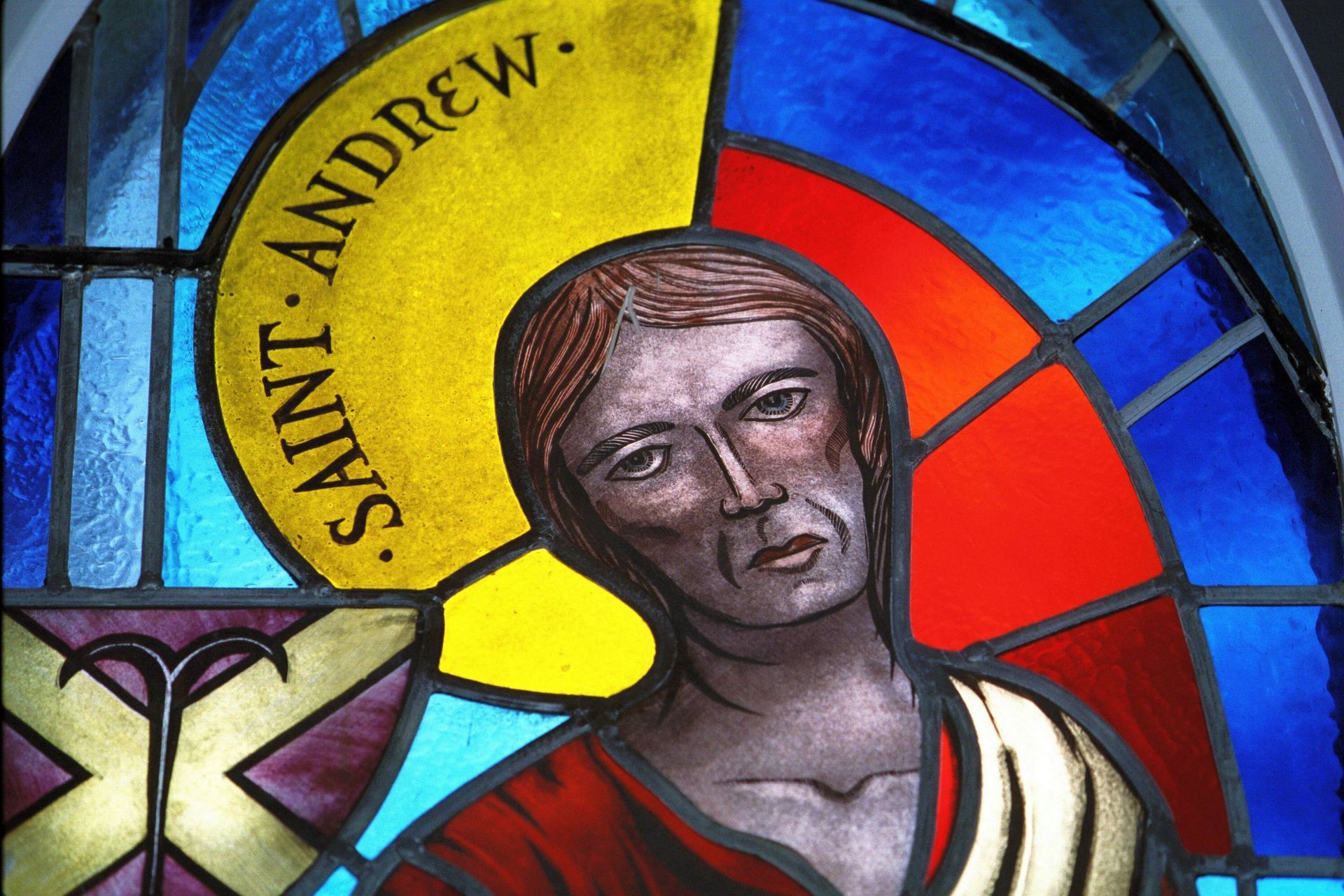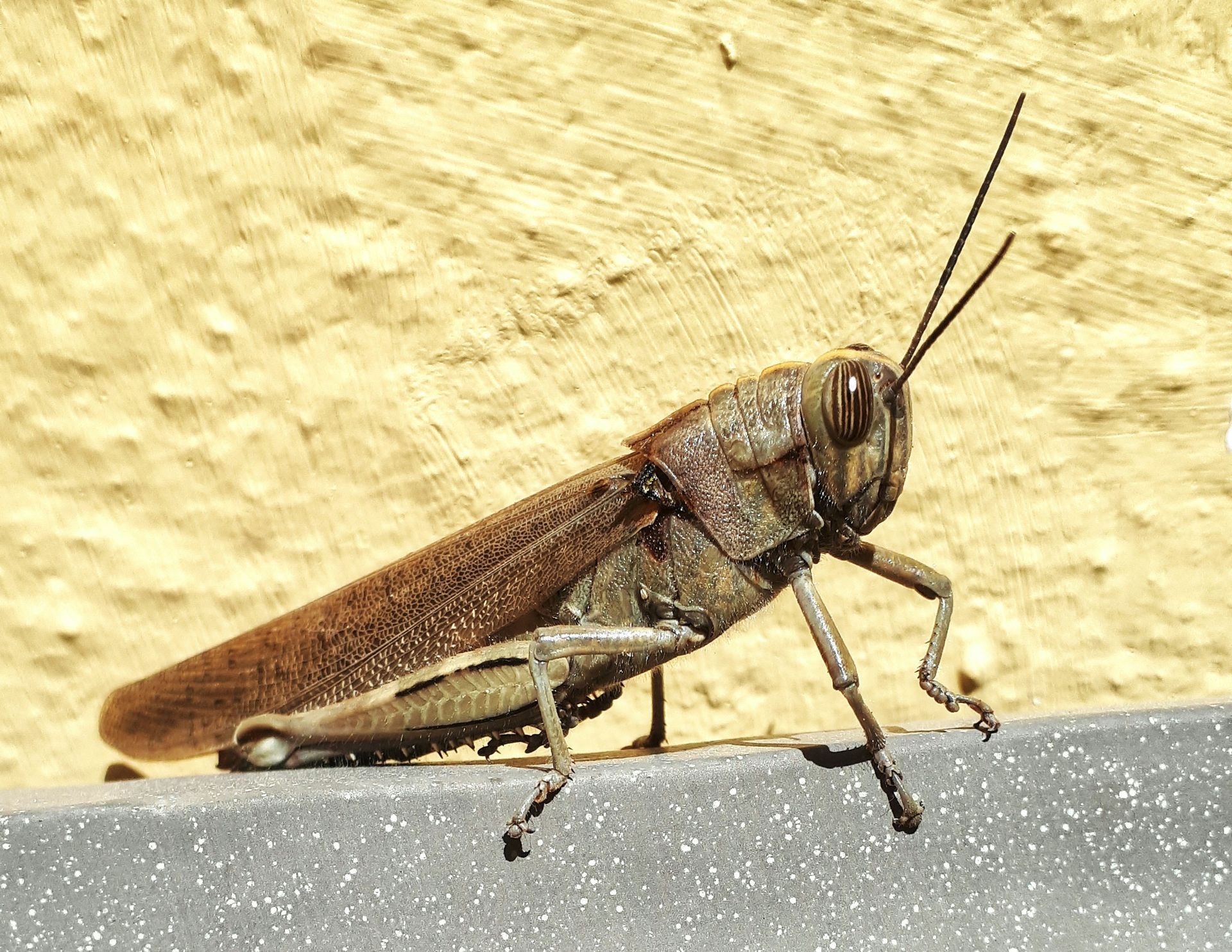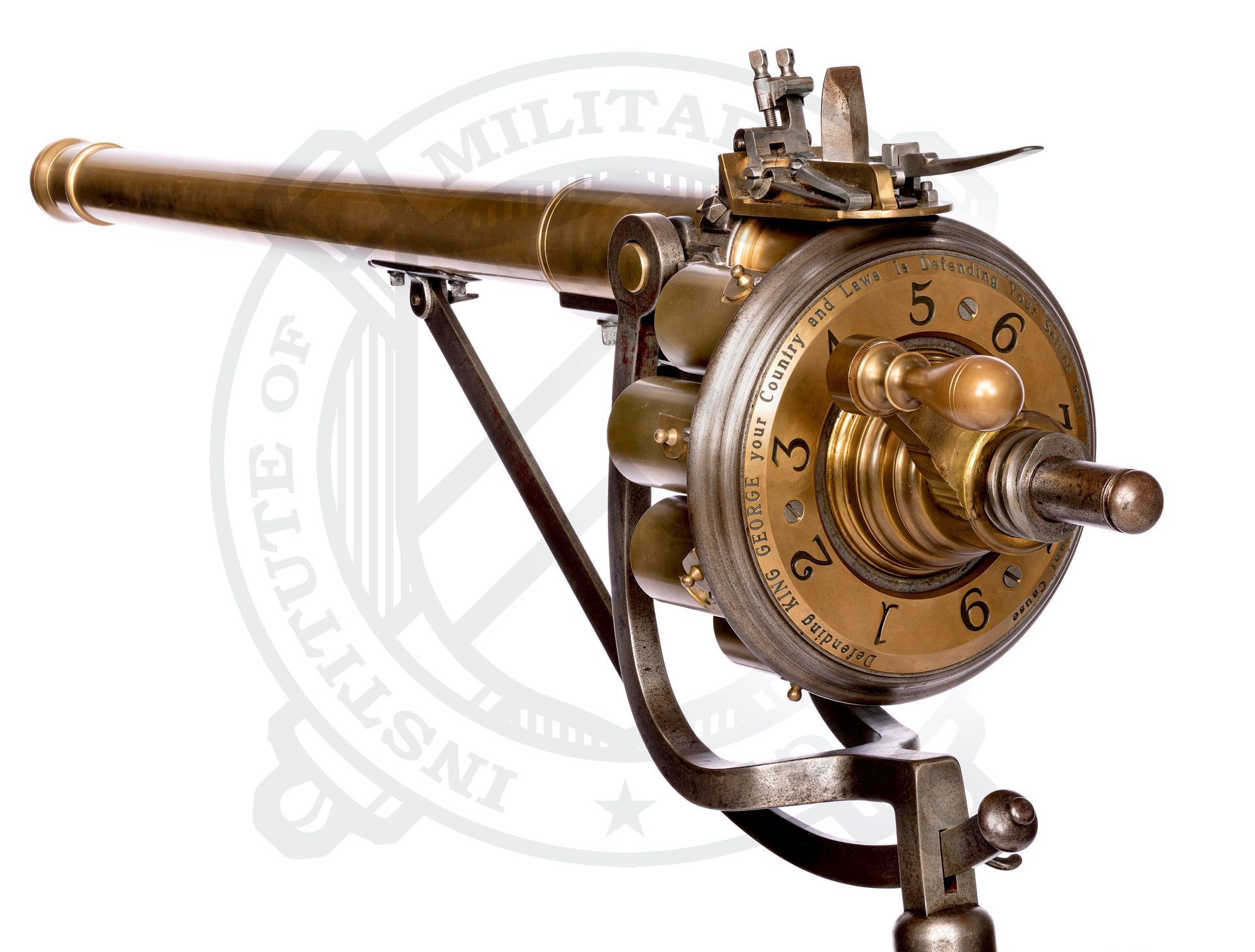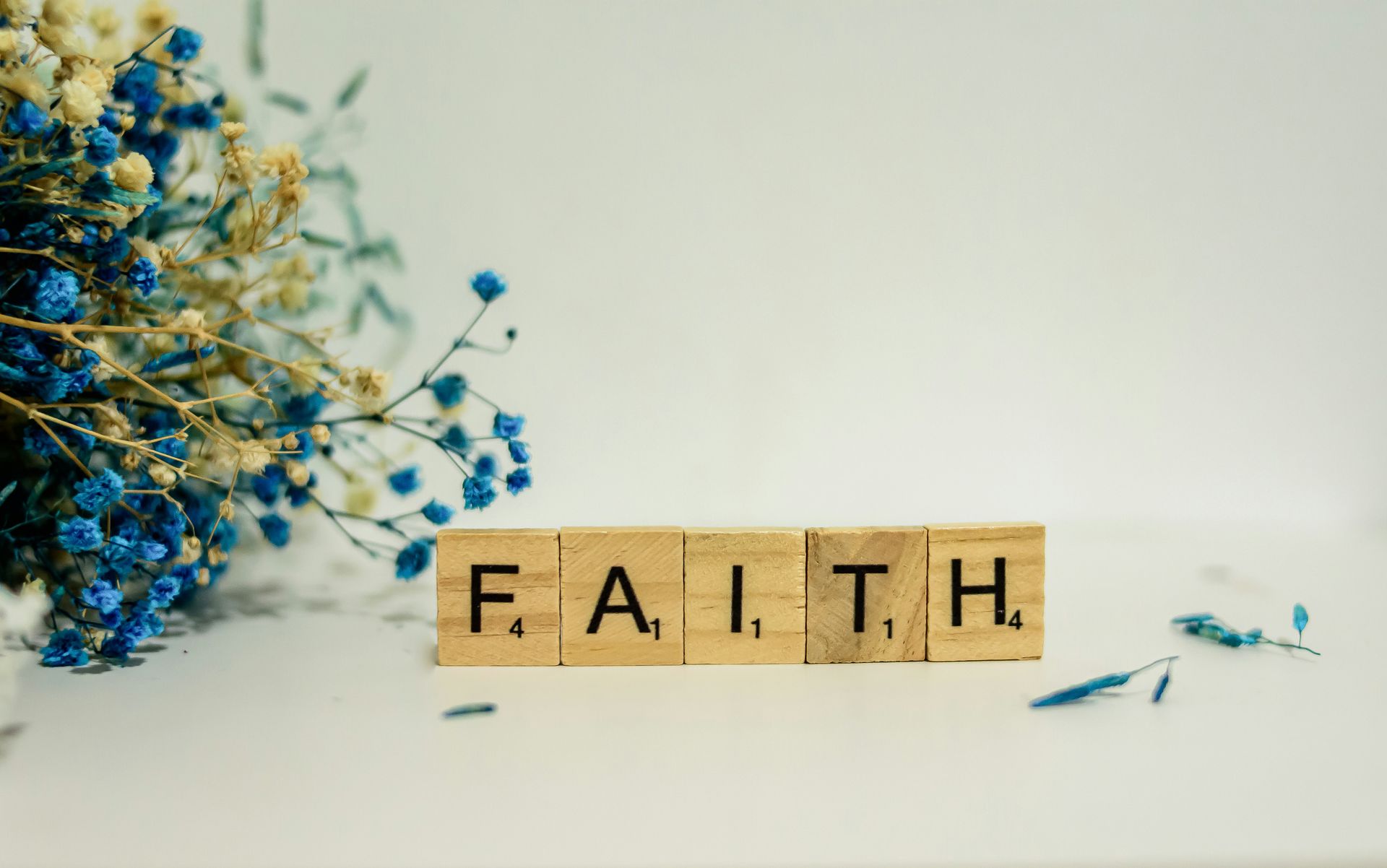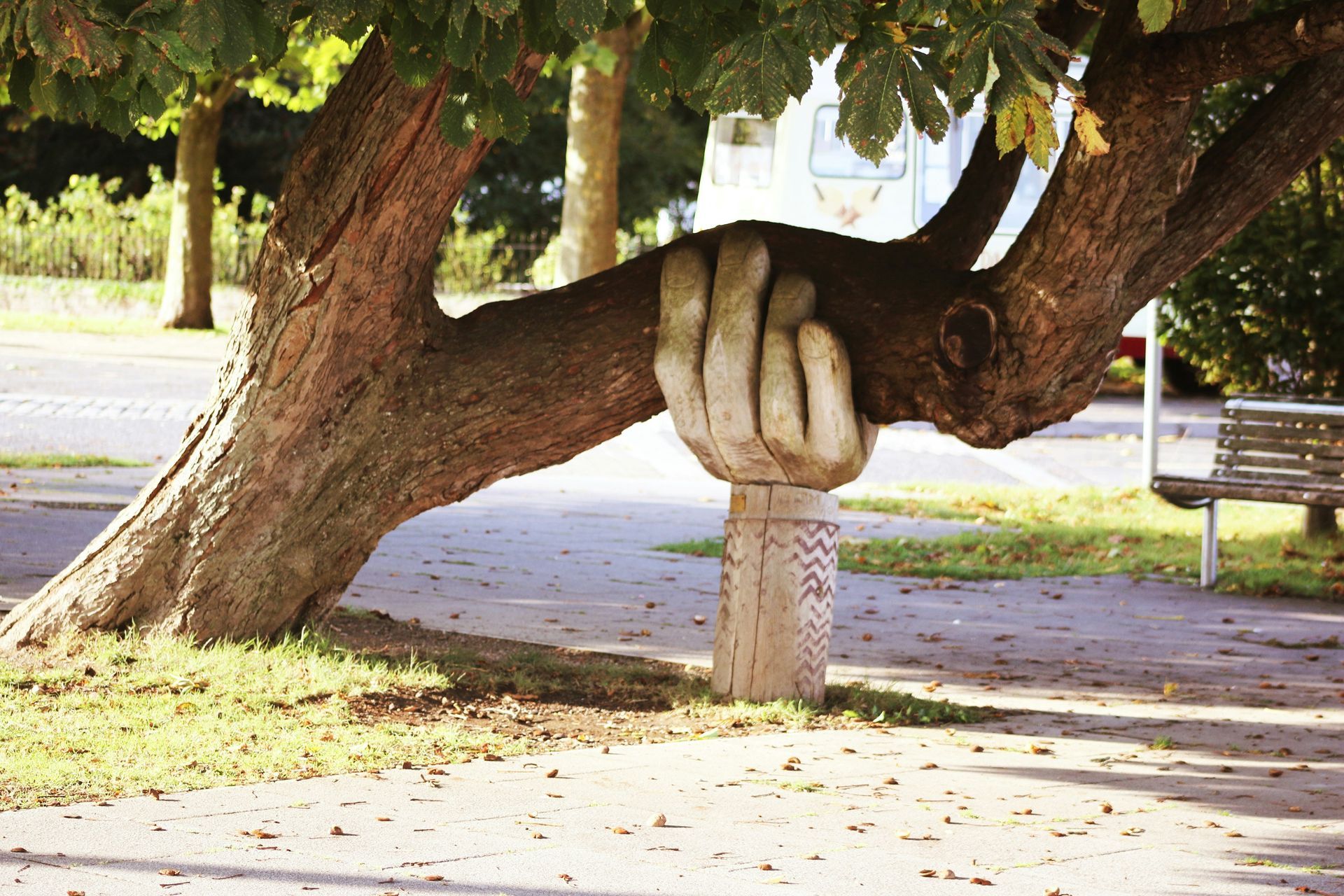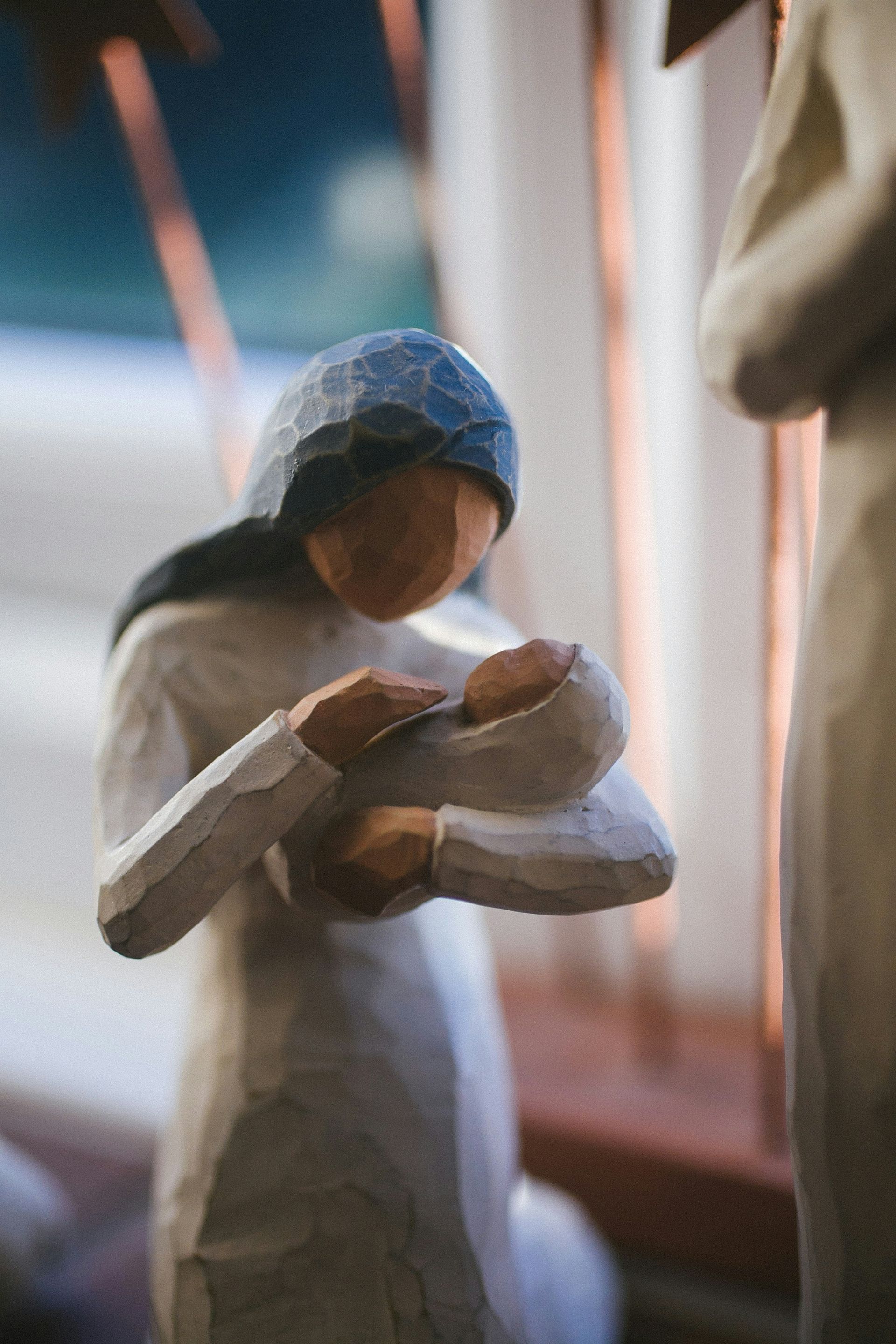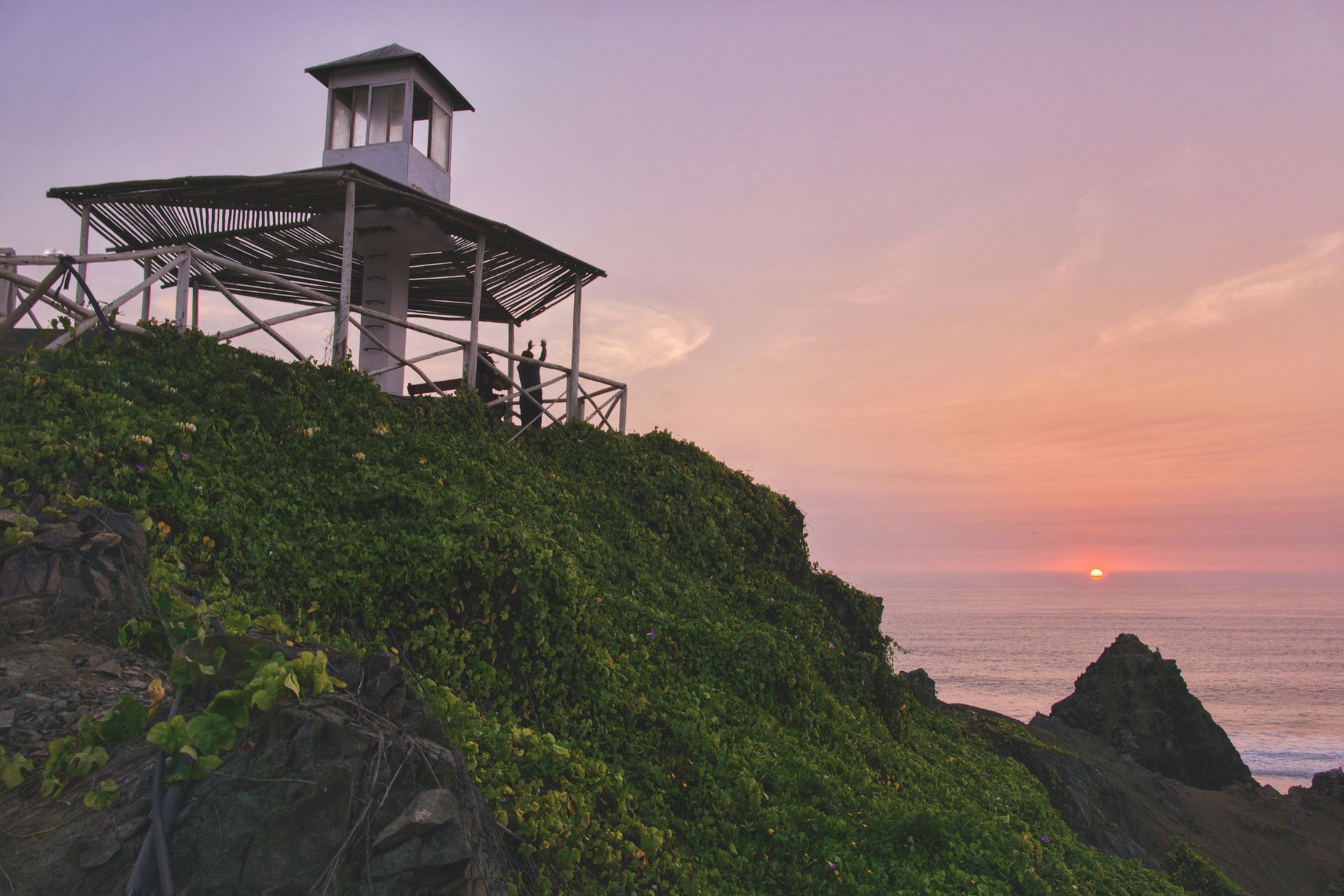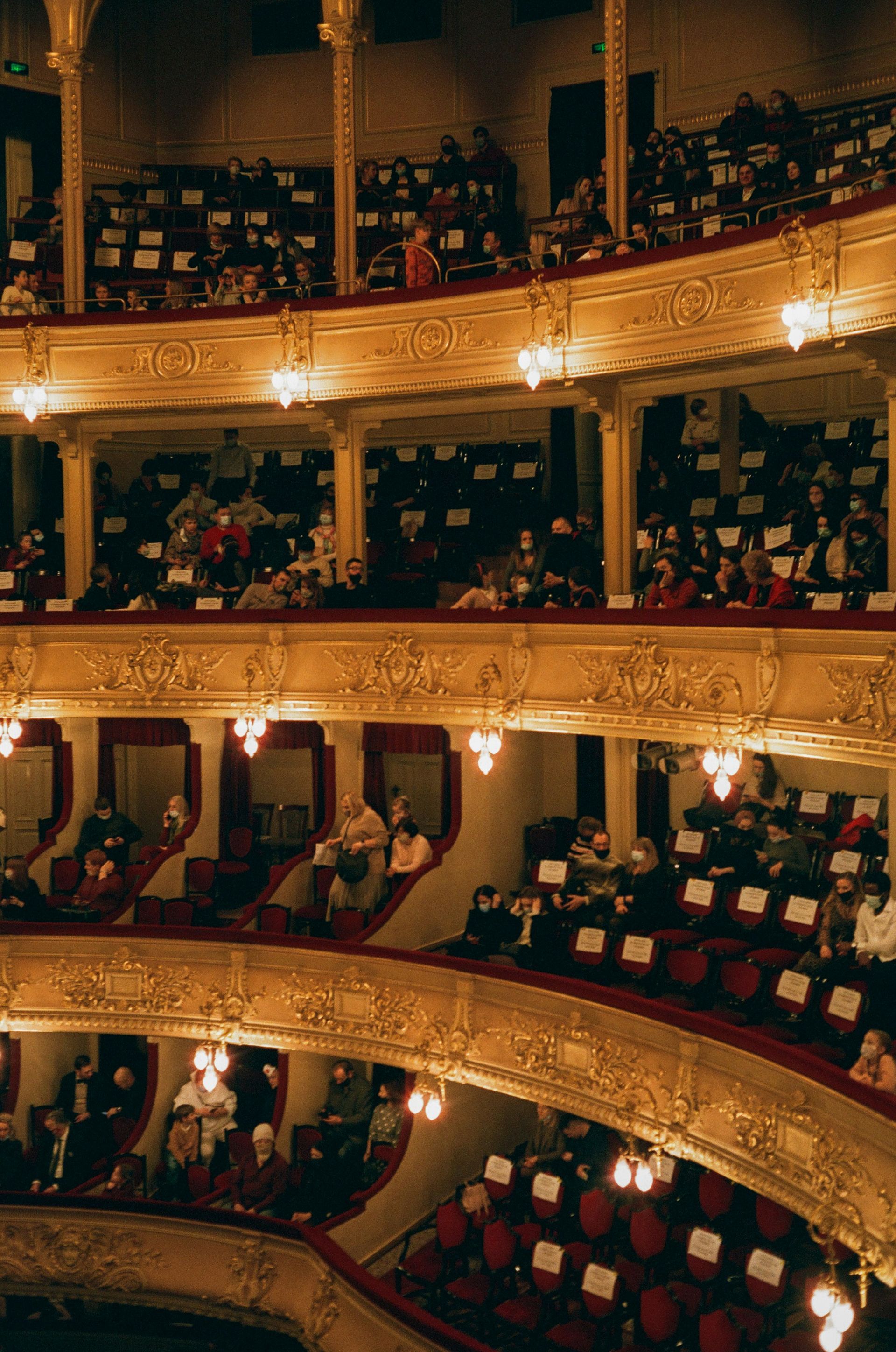Sometimes I Wonder As I Wonder
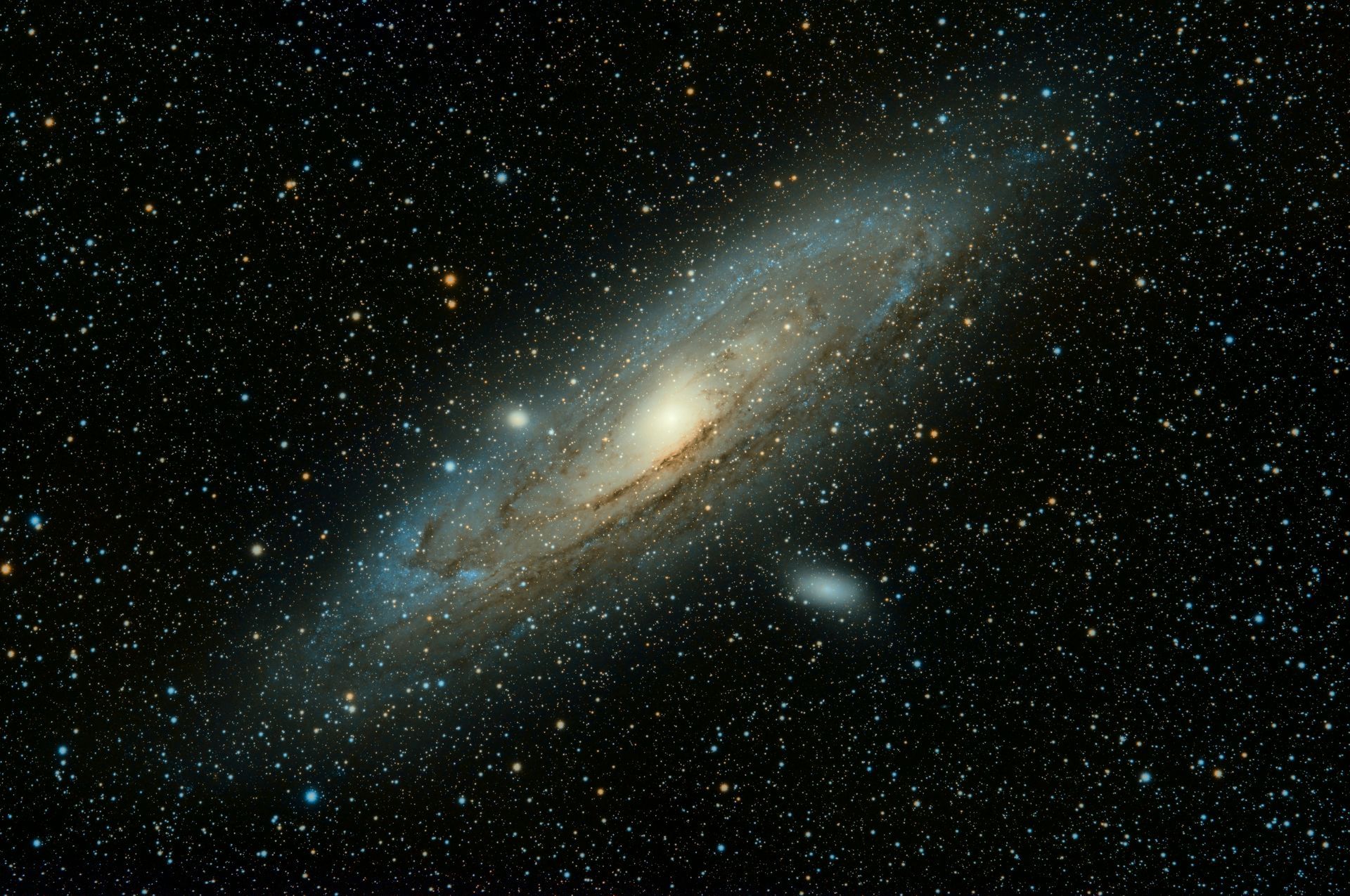
SOMETIMES I WONDER
AS I WONDER
By John Santosuosso
Were you there when they crucified my Lord?
Were you there when they crucified my Lord?
Oh! Sometimes it causes me to tremble, tremble, tremble.
Were you there when they crucified my Lord?
Afro-American Spiritual, Episcopal Hymnal, No. 172
The German philosopher Immanuel Kant claimed there were two things that filled him with awe and wonder, the stared heavens above and the moral law within. By the moral law within he simply meant he thought there was a potential good in everyone. It just needed to be released. As an astronomer, as well as a philosopher, he truly was in awe of the creation he saw revealed in the night skies of his native Prussia. He sensed in some way it was so great that it really was beyond our comprehension.
Holy Week is for me a similar experience. "Our island home," as Eucharistic Prayer C calls it, is in terms of the universe nothing special. Here we dwell on a modest third planet, of a modest star, somewhere in an easily forgettable galaxy in a universe of possibly infinite galaxies, and if Stephen Hawking is correct in a universe among an infinite number of universes. We really would be so easy to forget, no more memorable than a single bucket of water in the midst of a great ocean.
Yet around two thousand years ago something happened that whispers, there is more to this place than you realized. Two thousand years ago an innocent man was sentenced to a criminal's death. He died and was buried. That should have been the end of the story. After all it was hardly a unique one. In a wonder that is truly incomprehensible it actually was the beginning of the story. All life eventually begats death, from the lowest of creatures to the most complex. The innocent man was no exception. But then it happened. He proved there was a force, a power stronger than death.
Had we been there what would we have actually seen, if anything? That is a difficult question to answer. I will not even try. It is not surprising that many have denied the reality of it all. There were those at the time that did (Matthew 28:11-15). After all, why here in such an obscure corner of the universe would such an impossible thing happen? The Apostle Paul did not seek to describe what he experienced, but he was willing to endure stoning, beatings, shipwrecks, and eventually his own death, because he was absolutely convinced that what he had experienced was real, and because it was real all of us could share in the victory over death (II Corinthians 11:21-33). There were others just as courageous as Paul who also paid the ultimate price in order to proclaim the miracle.
So, yes, as strange as it may seem, on this "our island home," as unlikely as it may seem, so long ago I believe God destroyed the ultimate power of death and made known the Lamb of God who takes away the sins of the world. Why here? Why then? Why in this way? I have no answers for any of those questions, except to say none of God's creation is so small or remote as to be beyond God's love and care . My fellow pilgrims I continue my walk in faith and ambiguity even at those times when I cry out Lord, I believe, help thou my unbelief. We may never know the answers, but if we continue our walk in faith we shall possess the victory.
The original ending of the Gospel of Mark depicts Mary Magdalene and several other women first staring into an empty tomb then fleeing in both amazement and terror (Mark 16:8) . They are confronted with that question that Mark does not answer but asks of all his readers. Who is this Jesus? As I continue to wonder I can only answer he is the Christ, the Son of God, the one who sends death to its grave.

